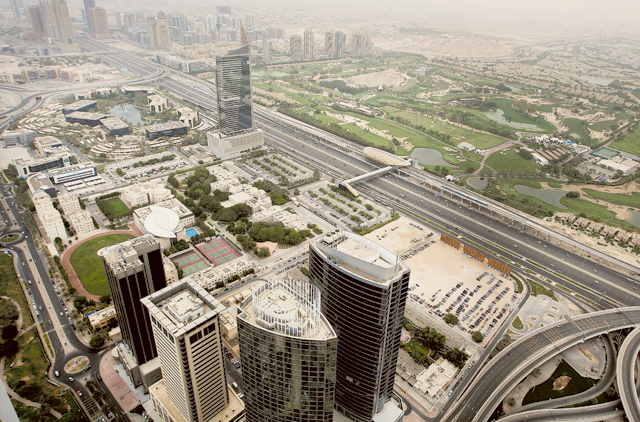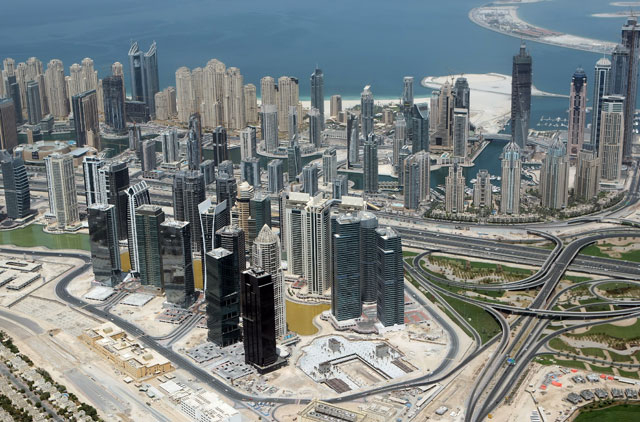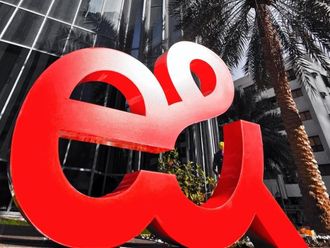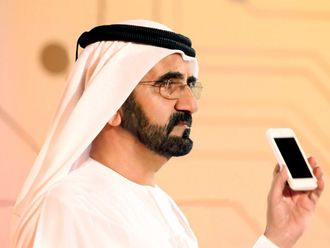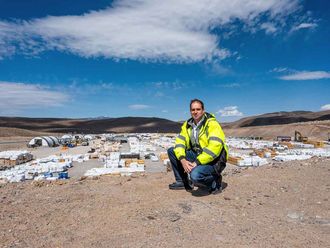Dubai: The Dubai Data Law was launched on Saturday to allow the sharing of government data with the private sector, His Highness Shaikh Mohammad Bin Rashid Al Maktoum, Vice-President and Prime Minister of the UAE and Ruler of Dubai, posted on Twitter.
“We issued today Dubai Data Law which will allow sharing [of] Government data with private sector for a better Smart City of Dubai,” Shaikh Mohammad tweeted on his account.
The Dubai Data Law will create opportunities for collaboration, innovation and entrepreneurship between government and non-government entities, Shaikh Mohammad said.
In November, Shaikh Hamdan Bin Mohammad Bin Rashid Al Maktoum, Crown Prince of Dubai and Chairman of the Dubai Executive Council, issued a decree to establish a committee called ‘Dubai Open Data Committee’ and its mandate is to draft the law for data in the city, framework, classification and roadmap for its implementation.
Dr Aisha Bin Bishr, assistant director general of The Executive Office and SmartDubai Taskforce leader, told Gulf News recently that many government entities have already launched many smart services and the next step is to develop the platform for the city and open the data.
“Our idea is to make available to the public all unclassified data that is not personal or sensitive to anybody as well as provides instructions and guidelines on what to share and what not to share,” she said.
The emirate has been working to integrate its online services in line with the Dubai Smart City initiative, which was launched in February with the goal of Dubai becoming a smart city by 2021.
Dubai Smart City
Dubai has been working to integrate its online services in line with the Dubai Smart City initiative, which was launched in February with the goal of Dubai becoming a smart city by 2021.
The project to transform Dubai into a smart city will be carried out in three phases: Smart Life, Smart Economy, and Smart Tourism.
Smart Life will be focused on services related to education, health care, transportation, telecommunication, public utilities, energy, and any other activity that adds quality to the life of the emirate’s residents.
Smart Economy concerns the development of smart companies, and services related to ports, airports, smart bourses, and smart jobs, which will in turn boost the project’s role in supporting the national economy.
The third and final phase, Smart Tourism, aims to offer a comfortable and smart environment for the emirate’s visitors, such as services related to visas, aviation, smart gates, hotels, restaurants and other activities.


